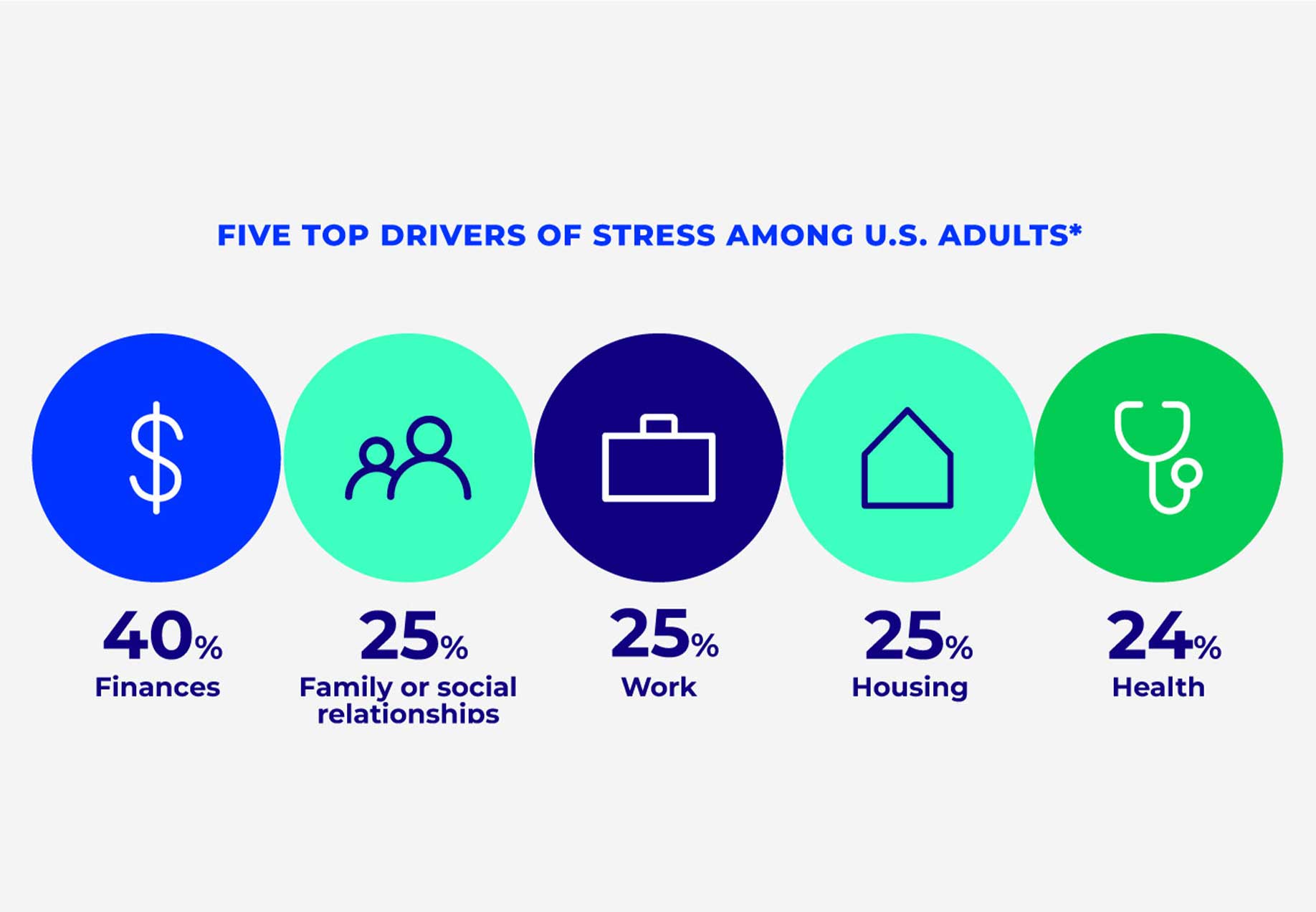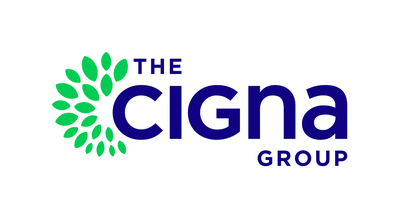Vitality in America: Optimism Prevails Despite Declines in Health, Finances and Job Satisfaction
- Optimism is increasing among Americans, with 47% of adults looking forward to each new day.
- Healthy habits and health engagement are linked to higher vitality.
- Workers with high vitality are more satisfied with their jobs.
- Gen Z adults report the lowest levels of vitality, driven by poor mental health and stress about finances.
Insights
Analyzing...
- Second annual Vitality in America study shows Americans report downward shifts in physical, emotional and financial dimensions of health, but optimism is increasing, with nearly half of adults reporting they look forward to each day
- Research affirms link between high vitality and workforce productivity, with workers across generations with high vitality reporting they will work harder to help their workplace succeed, feel more enthusiastic about their job and have higher job satisfaction
- Gen Z adults continue to report the lowest levels of vitality, driven by poor mental health and stress about finances, and
83% report experiencing negative impacts of social media
Experience the full interactive Multichannel News Release here: https://www.multivu.com/players/English/9216151-cigna-vitality-in-america-report/

"The disruption of the past few years has had a profound impact on our collective health and well-being, and we now have an unprecedented opportunity to change the way health and vitality is addressed in this country," said David M. Cordani, chairman and CEO of The Cigna Group. "That's why we developed the Evernorth Vitality Index -- a scientifically validated measurement that allows us to quantify and analyze the dynamic, interdependent factors that infuse vitality into all the dimensions of a person's life. While these insights guide us to work that can be done to improve vitality, we know we'll be most effective working in collaboration across every aspect of our community, patient by patient, person by person."
Key Findings include:
Healthy habits and health engagement are linked to higher vitality. The
Higher health engagement; support systems can help adults managing chronic conditions be more resilient and vital. Adults diagnosed with cancer, for example, who report high levels of vitality are more likely to visit their doctor for an annual physical (
Mental health is foundational to vitality. Adults with strong mental health are 10 times more likely to have high vitality than those with fair or poor mental health. The study found there is an increase in those receiving counseling from a mental health professional from 2022 to 2023 (
Helping workers improve their vitality yields results. Workers who report being satisfied with their jobs have higher vitality scores (73.9 out of 100) than those who are dissatisfied with their jobs (55.7), and
Gen Z adults, the newest members of the workforce, continue to report the lowest levels of vitality: Gen Z adults continue to report feelings of loneliness, low levels of resilience, and report feeling disconnected from their family and friends. Thirty-five percent of Gen Z adults rate their mental health as poor, and
"Despite encouraging increases in optimism, financial concerns and lingering mental health challenges are prevalent, and they continue to affect people's overall well-being," said Dr. David Brailer, chief health officer, The Cigna Group. "Importantly, we also continue to see the significant impact vitality has on people's success in their professional lives, both in our research and in early pilots of the Evernorth Vitality Index with employers. People with higher vitality are more present in their jobs, more productive, and perform their roles to a higher standard, indicating that employers both have an important role to play and see the benefits of investing in their employees' health and vitality."
In an early pilot with an employer of more than 3,000 employees who have been enrolled in health plan coverage for at least 12 months, the Evernorth Vitality Index (EVI) provided unique population health insights. For example, vitality scores in the pilot population averaged 10 points higher for employees with positive manager relationships than those with poor manager relationships (80 vs 70). Those with high vitality were also more than 20 points more likely to be very satisfied with their job (85 vs 62). Looking at these and other drivers within each dimension of health, the EVI provides deeper insights into targeted actions and interventions that may be able to move population level improvements.
The Vitality in America survey, which builds on last year's report, uses the EVI to understand the capacity of
To support vitality in communities, The Cigna Group Foundation has awarded a
About The Cigna Group
The Cigna Group (NYSE: CI) is a global health company committed to creating a better future built on the vitality of every individual and every community. We relentlessly challenge ourselves to partner and innovate solutions for better health. The Cigna Group includes products and services marketed under Evernorth Health Services, Cigna Healthcare, or its subsidiaries. The Cigna Group maintains sales capabilities in more than 30 countries and jurisdictions, and has more than 165 million customer relationships around the world. Learn more at thecignagroup.com.
Media Contact
Justine Sessions
(860) 810-6523
Justine.Sessions@evernorth.com

![]() View original content:https://www.prnewswire.com/news-releases/vitality-in-america-optimism-prevails-despite-declines-in-health-finances-and-job-satisfaction-301968252.html
View original content:https://www.prnewswire.com/news-releases/vitality-in-america-optimism-prevails-despite-declines-in-health-finances-and-job-satisfaction-301968252.html
SOURCE The Cigna Group







